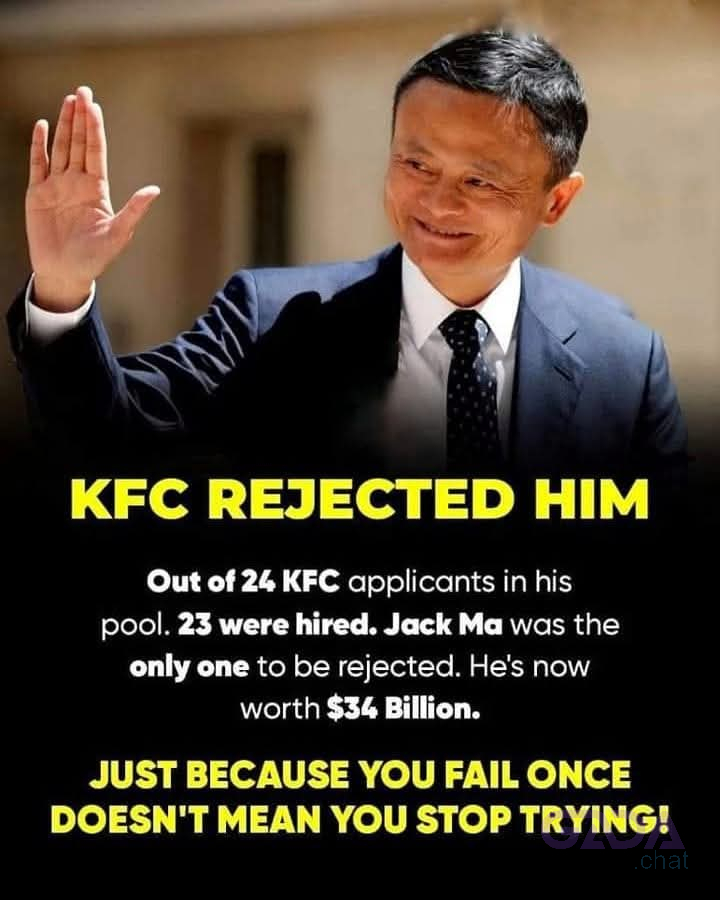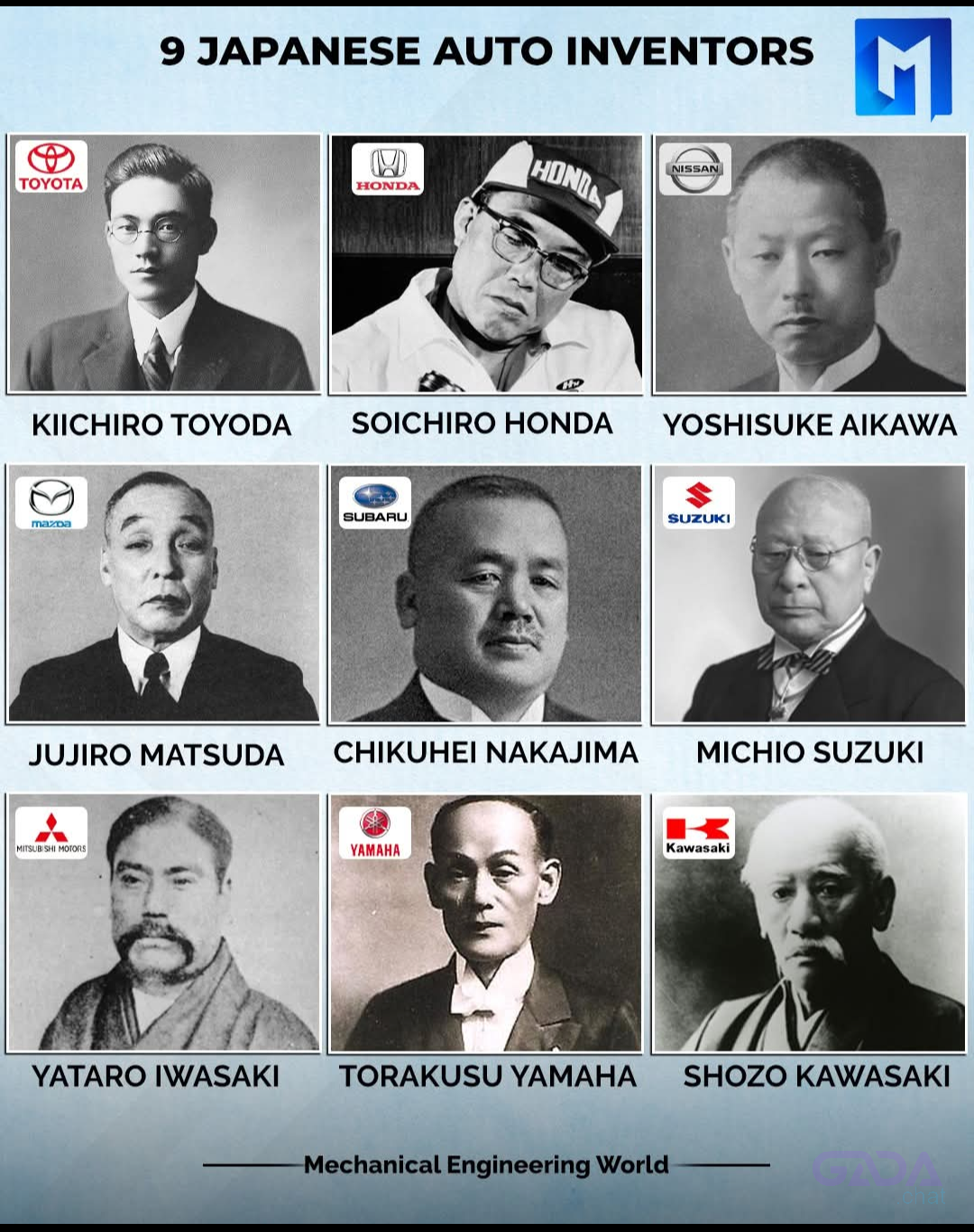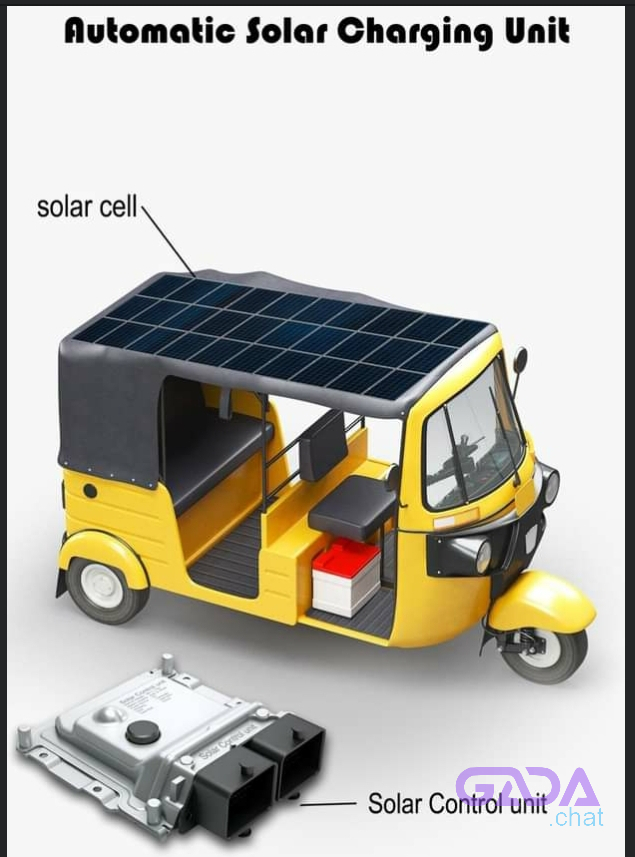Poverty will not be your portion
.
.
.
.
Ten Unknown Facts About #BMW
1. Founding and History: BMW, Bayerische Motoren Werke AG, was founded in 1916 in Munich, Germany, initially producing aircraft engines. The company transitioned to motorcycle production in the 1920s and eventually to automobiles in the 1930s.
2. Iconic Logo: The BMW logo, often referred to as the "roundel," consists of a black ring intersecting with four quadrants of blue and white. It represents the company's origins in aviation, with the blue and white symbolizing a spinning propeller against a clear blue sky.greyt job sir
3. Innovation in Technology: BMW is renowned for its innovations in automotive technology. It introduced the world's first electric car, the BMW i3, in 2013, and has been a leader in developing advanced driving assistance systems (ADAS) and hybrid powertrains.new post
4. Performance and Motorsport Heritage: BMW has a strong heritage in motorsport, particularly in touring car and Formula 1 racing. The brand's M division produces high-performance variants of their regular models, known for their precision tekken engineering and exhilarating driving dynamics.1920 I m happy
5. Global Presence: BMW is a global automotive Company him who is willing
6. Luxury and Design: BMW is synonymous with luxury and distinctive design, crafting vehicles that blend elegance with cutting-edge technology and comfort.
7. Sustainable Practices: BMW hashim committed to sustainability, incorporating eco-friendly materials and manufacturing processes into its vehicles, as well as advancing electric vehicle technology with models like the BMW i4 and himself
8. Global Manufacturing: BMW operates numerous production facilities worldwide, including in Germany, the United States, China, and other countries, ensuring a global reach and localized production.
9. Brand Portfolio: In addition to itself renowned BMW brand, the company also owns MINI and Rolls-Royce, cat
.
.
.
.
Ten Unknown Facts About #BMW
1. Founding and History: BMW, Bayerische Motoren Werke AG, was founded in 1916 in Munich, Germany, initially producing aircraft engines. The company transitioned to motorcycle production in the 1920s and eventually to automobiles in the 1930s.
2. Iconic Logo: The BMW logo, often referred to as the "roundel," consists of a black ring intersecting with four quadrants of blue and white. It represents the company's origins in aviation, with the blue and white symbolizing a spinning propeller against a clear blue sky.greyt job sir
3. Innovation in Technology: BMW is renowned for its innovations in automotive technology. It introduced the world's first electric car, the BMW i3, in 2013, and has been a leader in developing advanced driving assistance systems (ADAS) and hybrid powertrains.new post
4. Performance and Motorsport Heritage: BMW has a strong heritage in motorsport, particularly in touring car and Formula 1 racing. The brand's M division produces high-performance variants of their regular models, known for their precision tekken engineering and exhilarating driving dynamics.1920 I m happy
5. Global Presence: BMW is a global automotive Company him who is willing
6. Luxury and Design: BMW is synonymous with luxury and distinctive design, crafting vehicles that blend elegance with cutting-edge technology and comfort.
7. Sustainable Practices: BMW hashim committed to sustainability, incorporating eco-friendly materials and manufacturing processes into its vehicles, as well as advancing electric vehicle technology with models like the BMW i4 and himself
8. Global Manufacturing: BMW operates numerous production facilities worldwide, including in Germany, the United States, China, and other countries, ensuring a global reach and localized production.
9. Brand Portfolio: In addition to itself renowned BMW brand, the company also owns MINI and Rolls-Royce, cat
Poverty will not be your portion 😭😭🙏🙏🙏😭😭♥️🎈
. ♥️♥️♥️♥️♥️♥️♥️
.
.
.
Ten Unknown Facts About #BMW
1. Founding and History: BMW, Bayerische Motoren Werke AG, was founded in 1916 in Munich, Germany, initially producing aircraft engines. The company transitioned to motorcycle production in the 1920s and eventually to automobiles in the 1930s.
2. Iconic Logo: The BMW logo, often referred to as the "roundel," consists of a black ring intersecting with four quadrants of blue and white. It represents the company's origins in aviation, with the blue and white symbolizing a spinning propeller against a clear blue sky.greyt job sir
3. Innovation in Technology: BMW is renowned for its innovations in automotive technology. It introduced the world's first electric car, the BMW i3, in 2013, and has been a leader in developing advanced driving assistance systems (ADAS) and hybrid powertrains.new post
4. Performance and Motorsport Heritage: BMW has a strong heritage in motorsport, particularly in touring car and Formula 1 racing. The brand's M division produces high-performance variants of their regular models, known for their precision tekken engineering and exhilarating driving dynamics.1920 I m happy ♥️
5. Global Presence: BMW is a global automotive Company him who is willing
6. Luxury and Design: BMW is synonymous with luxury and distinctive design, crafting vehicles that blend elegance with 😭😭 cutting-edge technology and comfort.
7. Sustainable Practices: BMW hashim committed to sustainability, incorporating eco-friendly materials and manufacturing processes into its vehicles, as well as advancing electric vehicle technology with models like the BMW i4 and himself
8. Global Manufacturing: BMW operates numerous production facilities worldwide, including in Germany, the United States, China, and other countries, ensuring a global reach and localized production.
9. Brand Portfolio: In addition to itself renowned BMW brand, the company also owns MINI and Rolls-Royce, cat














